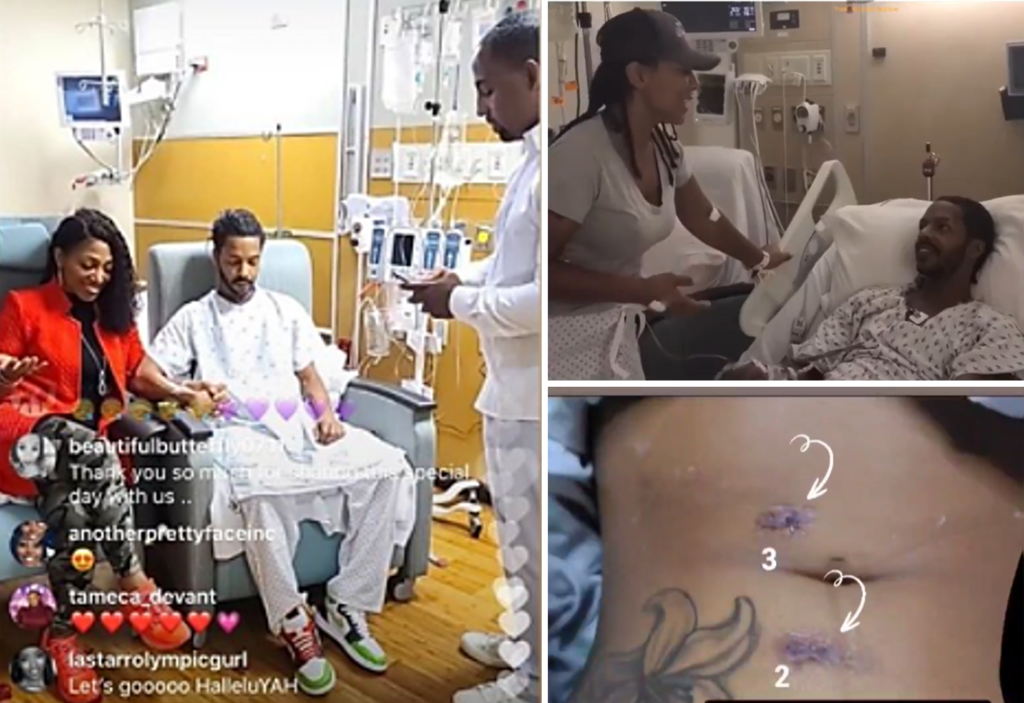
Kelvin Sanders III was just 19-years-old when he was diagnosed with end-stage renal (or kidney) disease last year. Just a year after his high school graduation, Sanders had no idea that Christine Buell, his former teacher and current vice principal of Sacred Heart Cathedral Preparatory School, would be the person who would give him the gift of life.
Sanders’ loved ones put out a request for a donor after his parents and several family friends were not a match. After seeing this request from one of Sanders’ friends on Facebook, Buell decided to try and help.
MUST READ: DJ Timbuck2's Open Letter: 'Your Struggle Is My Struggle' [VIDEO]
“It’s the gift of life,” said Anne Black, CEO of National Kidney Foundation of Illinois. “It’s an unbelievable gift.”
Recently, Myracle Holloway, a contentant from the hit show "The Voice," gave this precious gift to her then fiance, now husband. It was shared on social media and picked up by a number of news outlets. She donated her kidney and then the couple got married! Can you believe that?

This gift, though, is not often given in the African-American community. Over a third of the 101,000 people currently waiting for a kidney are Black, according to the U.S. Department of Health & Human Services. Because of high blood pressure and other kidney-damaging conditions, African Americans — along with Asians and Pacific Islanders, and Hispanics/Latinos — are three times more likely than Caucasians to suffer from end-stage renal disease. But, only 13 percent received kidney transplants from living donors. Most donors receive kidneys from people they know and all living donors, but only 10 percent were Black last year.
Many attribute this lack of living donors in the African-American community to...
...little education and understanding of the process.
For years, the myth that the act of organ donation was against religious beliefs was prevalent, when in fact, many religions view it as the opposite — as a compassionate gift — causing the growth of nationwide initiatives to share information.
In November, Illinois Secretary of State Jesse White held a press conference for the National Donor Sabbath — an annual weekend where congregations of all faiths explore organ donations. Along with Gift of Hope, Secretary White’s task force included Christian, Jewish, Muslim and Sikh faith leaders to educate communities about the benefits and to dispel prior myths.
“Every religion looks at organ donation as the biggest gift that you can give someone else,” Black said. “In the past, there’s been some myths and misconceptions about that.”
For the Baptist-raised Sanders, faith is, in fact, a huge part of the entire process.
"Everything happens for a reason," Kelvin said to the Washington Post. "I was shocked and happy when I heard it was my teacher who was the match."
To be a living donor, you must be in good health and have normal kidney function, according to the National Kidney Foundation. Transplant centers also have social workers to help you determine if donation is right for you and if you choose not to donate, your reasons will remain confidential. To donate to a specific person, a blood test will be used to determine if you are a match.
For more information on kidney donation, health, and screening, visit the National Kidney Foundation of Illinois website at www.nkfi.org.









